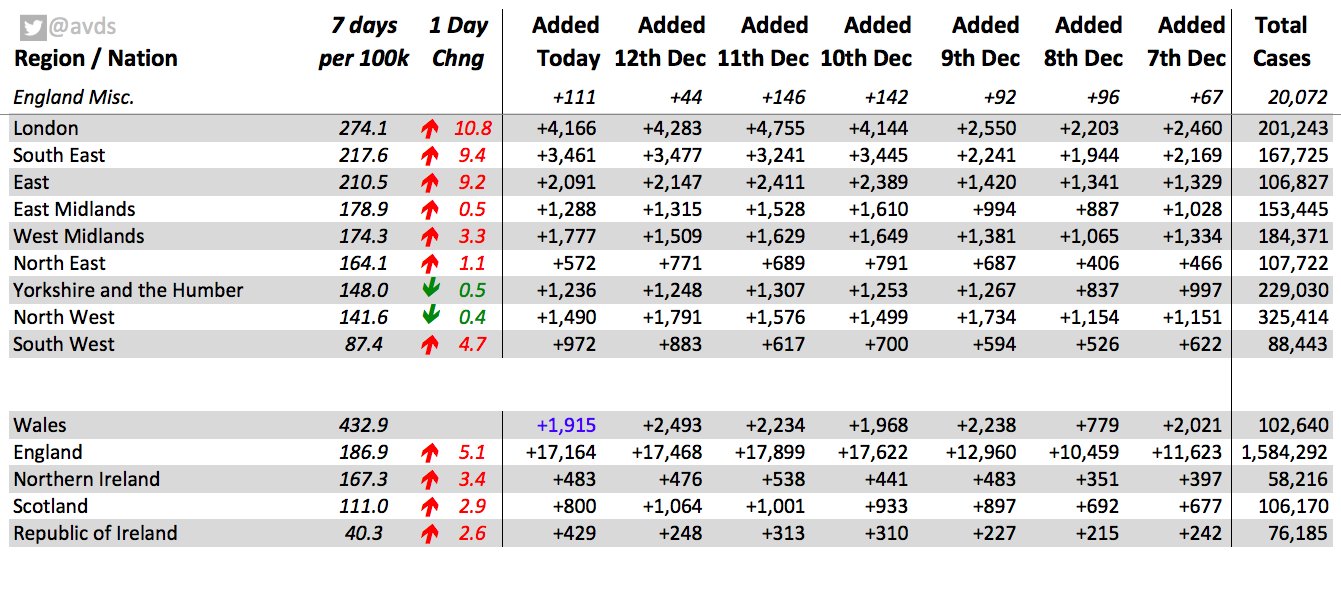Anustart89
Full Member
- Joined
- Jun 6, 2013
- Messages
- 16,031
In Sweden we’re being hit hard by the second wave now.
Interesringly though, none of the patients in our Covid unit are showing any signs of multi organ failure. During the spring we had many cases that presented with lung disease and circulatory failure/renal failure etc, but the second wave has only been isolated lung disease, even those coming from home that we’ve admitted straight to the ICU.
Interesringly though, none of the patients in our Covid unit are showing any signs of multi organ failure. During the spring we had many cases that presented with lung disease and circulatory failure/renal failure etc, but the second wave has only been isolated lung disease, even those coming from home that we’ve admitted straight to the ICU.


